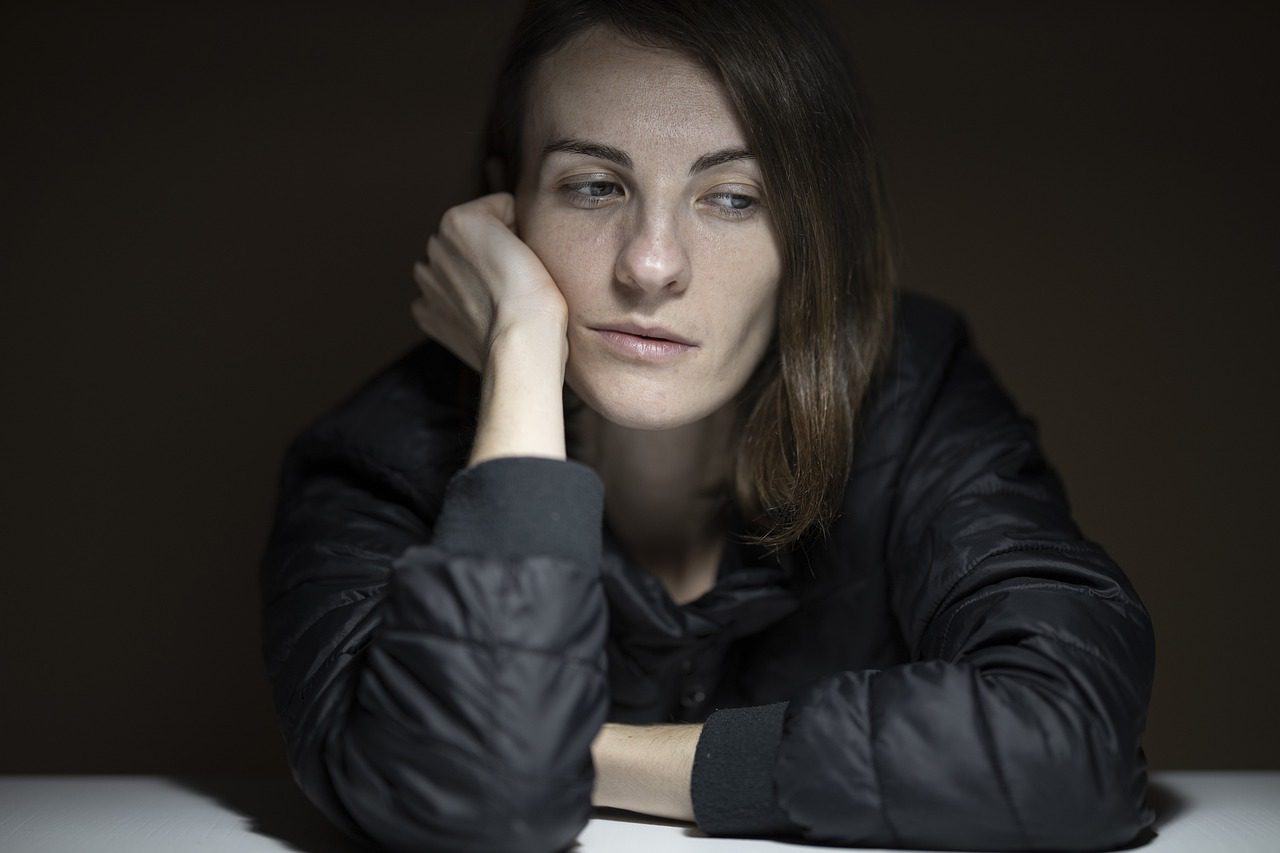How do you make sense of the world you live in? Our access to the events, sensations, and relationships we take part in are molded by the perspectives that shape us over time, past experiences, social constructs, and the mix of the different identities we inhabit. As such, the same mental health issues may be experienced differently by individuals from different backgrounds, and explains why depression in women is often distinct from its appearance in men. So, what does depression in women typically look like, and why is it much more common among women than men? Read on to find out.

Before we can understand the relevant factors behind depression in women and how they may appear, it is important to first lay out a basic definition for both gender and major depression.
Gender is first and foremost a social construct, which in essence means it is an idea rather than a tangible, objective fact. Due to its centrality in western society, an overwhelming majority of individuals identify as either a girl/woman, or a boy/man, which make up the two most common gender identities.
The idea of gender has historically been tied to biological definition of sex. As a result, babies born with female sex organs are assigned a girl identity and are taught to be gentle, delicate, vulnerable, and expressive with their emotions. Babies born with male sex organs are assigned a boy identity and are typically taught to be strong, tough, powerful, and less expressive of their emotions.
The American Psychiatric Association defines depression (officially called major depressive disorder (or MDD for short) as a mood disorder that severely disrupts one’s quality of life and harms their functioning on a number of levels, such as socially, emotionally, and professionally.
Key features of this condition include long periods of deep sadness, feelings of emptiness or longing without necessarily knowing what is missing, a lack of energy, hopelessness, and a negative self-image. Additional possible symptoms include difficulty concentrating, drastic weight changes when not dieting, and a substantial sense of guilt.
Depression is often compared to grief since both emotional experiences revolve around a destabilizing and debilitating sense of loss. But while grief is usually turned outward toward the memory of a deceased loved one or past relationship, depression occurs when feelings of loss, anger, and ceaseless longing are turned inward, toward the individual. As a result, those experiencing depression find it impossible to escape, as they often view the source of their misery, as themselves.
Depression can cause isolation, acts of self-harm, neglect, and suicide. It is considered a relatively common mental health disorder, with one in 15 adults (or 6.7%) facing it.
Due to the seriousness of this condition, many patients with depression look for a treatment to help them battle it. The FDA has recognized several treatments for MDD, including antidepressants, psychodynamic therapy, and transcranial magnetic stimulation (TMS). All of these options have been empirically shown to offer safe and effective depression symptom alleviation.

Women are 1.5-3 times more likely to suffer from major depression, though no clear difference has been found in the way depression develops in women or men, nor in the way each gender responds to depression treatment.
Rates of depression between girls and boys under ten are actually quite similar. Gender differences of depression again disappear after midlife, making women much more vulnerable to depression during their childbearing years.
Several possible reasons for the significant difference in percentage have been suggested:
Women are more likely to experience the following depressive symptoms:
No one, regardless of gender, should be left alone to deal with a mental health issue. This is all the truer with depression, as the mood disorder has been shown to less likely go away on its own and without treatment.
If you or a loved one might be suffering from depression, please consider turning to the available support options, professional treatment for depression and hopefully, a greater sense of security.